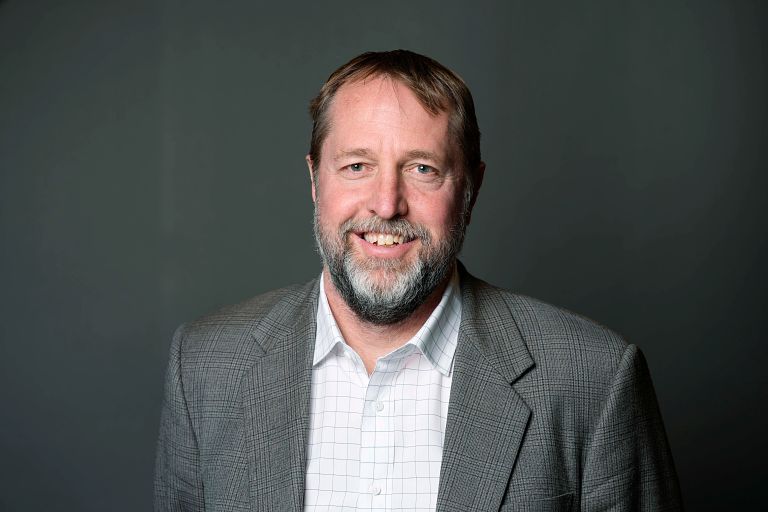Assistant Dean for Academic Programs—Indianapolis
Chairperson, Evening MBA Program
Clinical Assistant Professor of Business Economics
As an economist, Kyle Anderson is well aware of the wide-ranging implications of healthcare spending and how developing an awareness and knowledge of business principles can improve it.
“Healthcare is currently 18 percent of GDP, and it’s going to increase a lot more than that—projected to grow up to 25 percent or more,” he says. “Do we really want to spend a fourth of our income just to cover healthcare? If there are ways to ensure quality outcomes and keep costs in check, that’s extremely valuable—not just to individuals, but to society as a whole.”
Having managed a physician practice, Anderson is acutely aware of the potential value of economic forecasting on a healthcare system’s bottom line.
Economists study how markets work and when they don’t work for a society. In healthcare, hospital administrators use economics to forecast for the future, explore goals strategically, and propose sound financial decisions.


